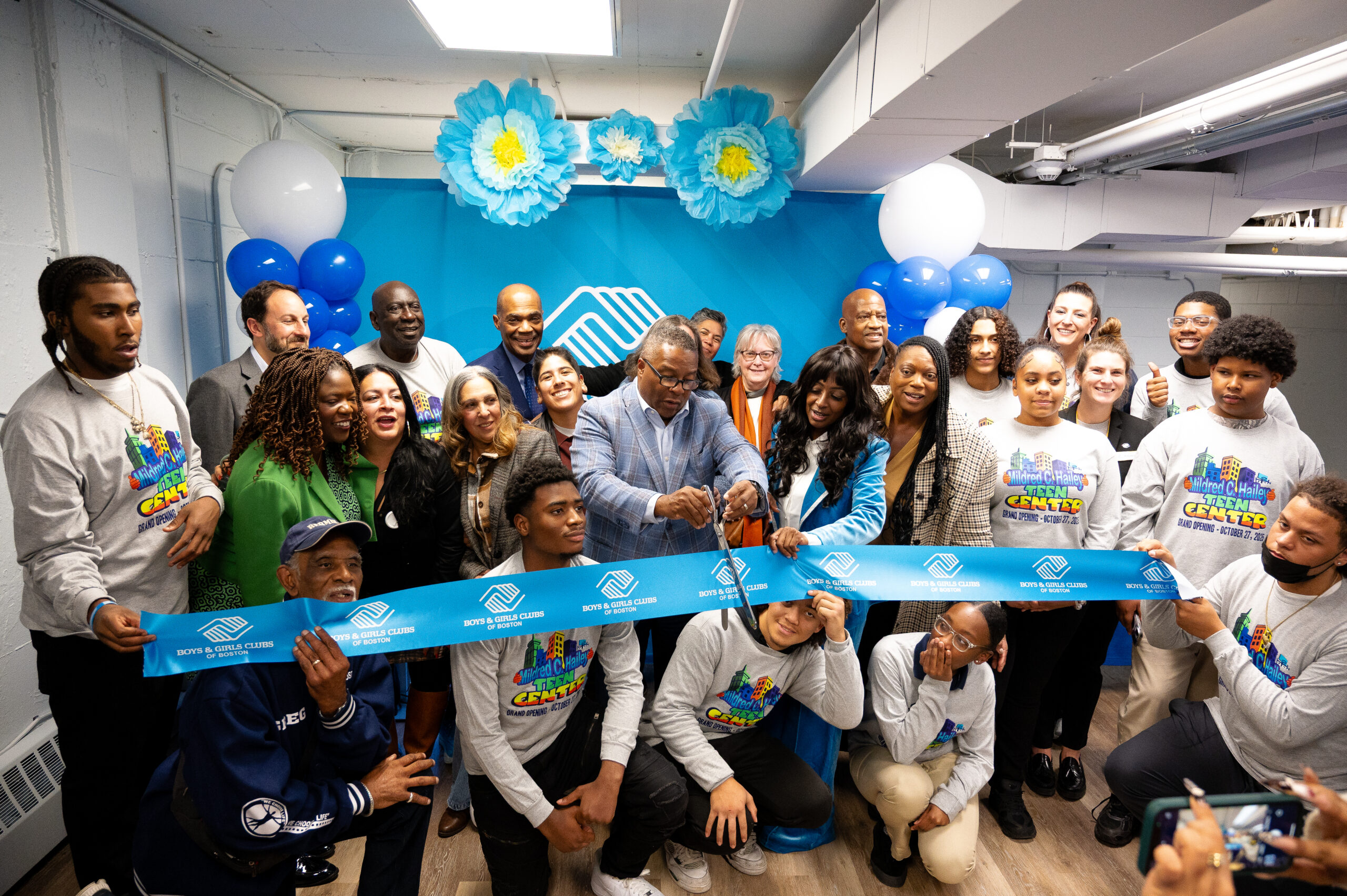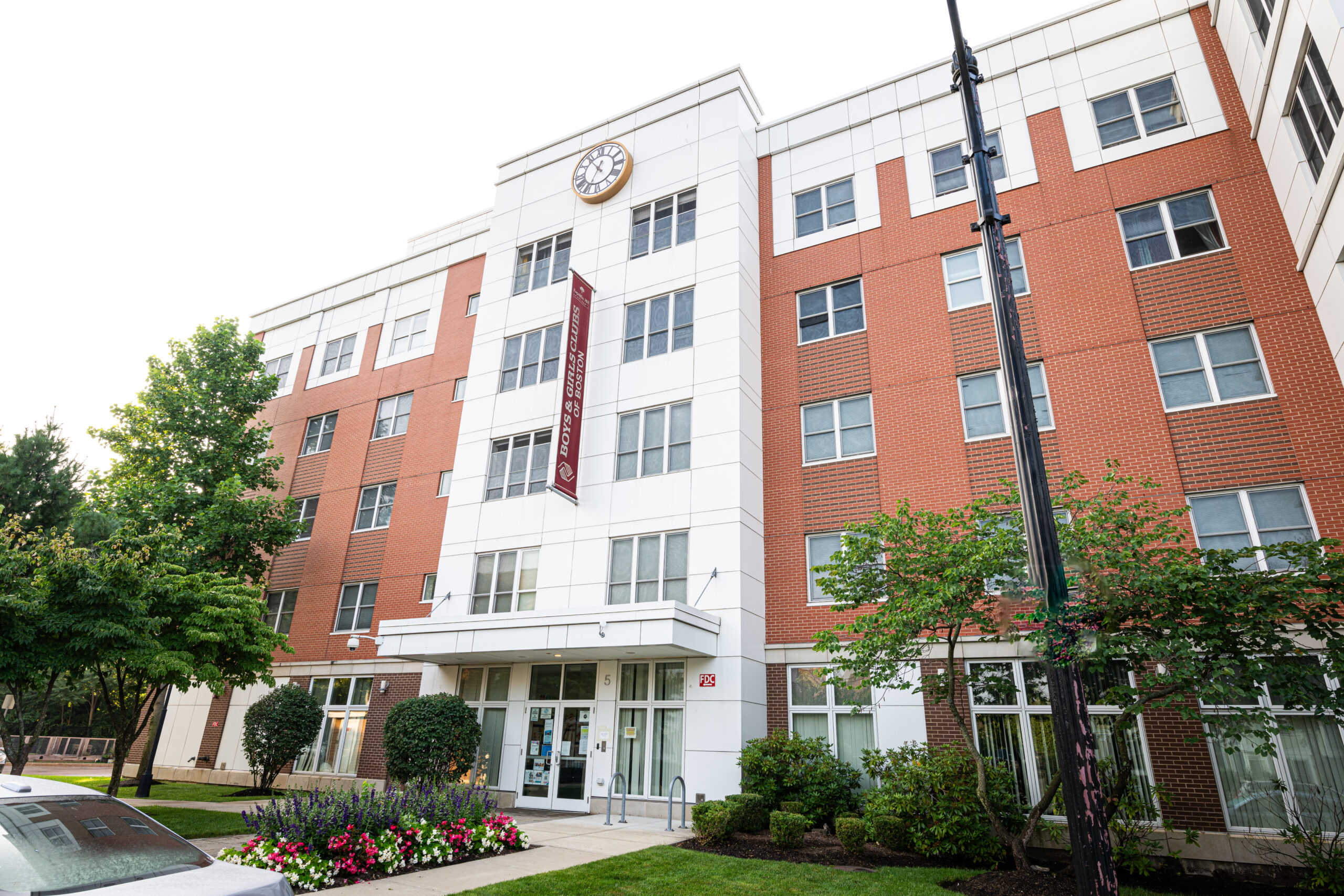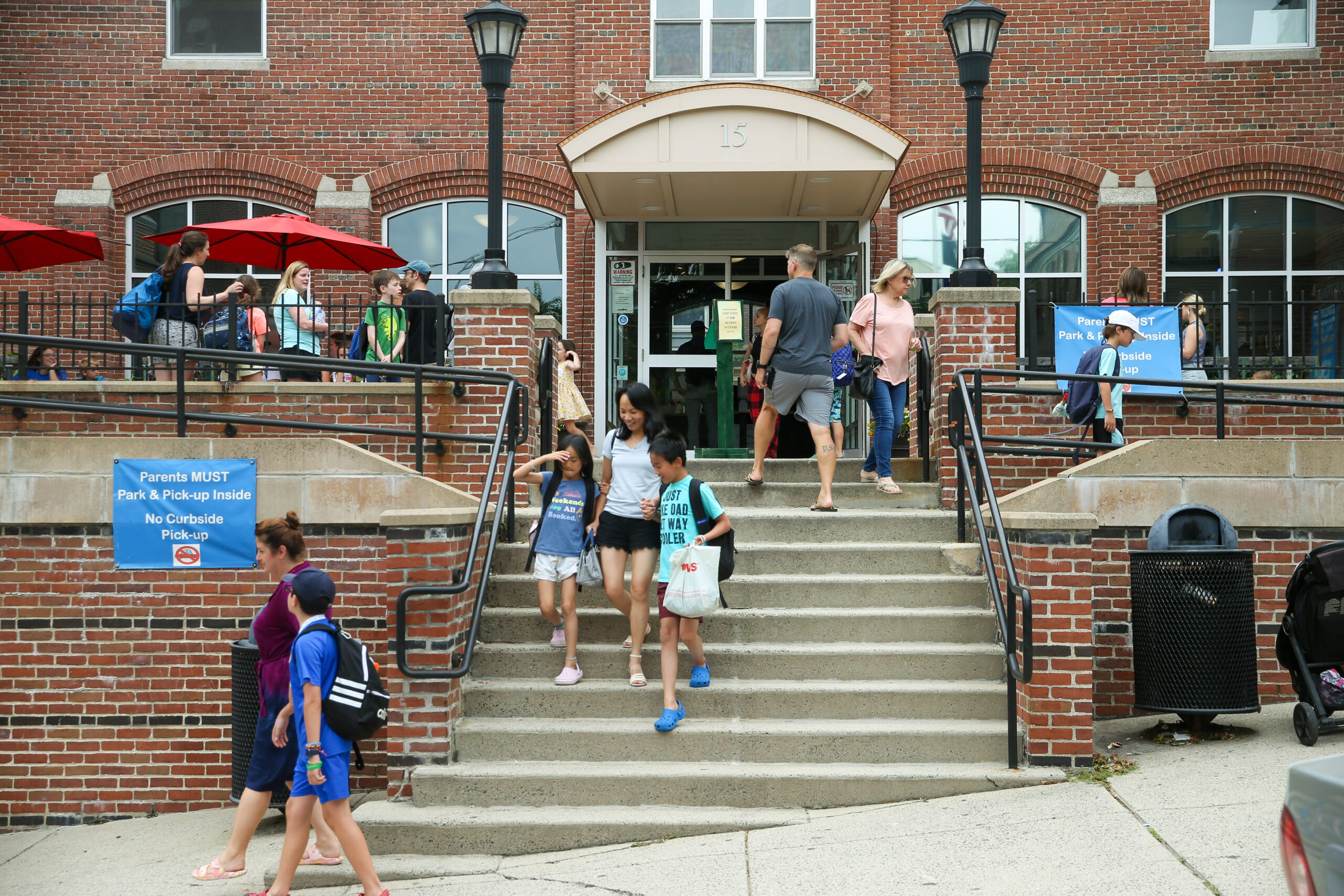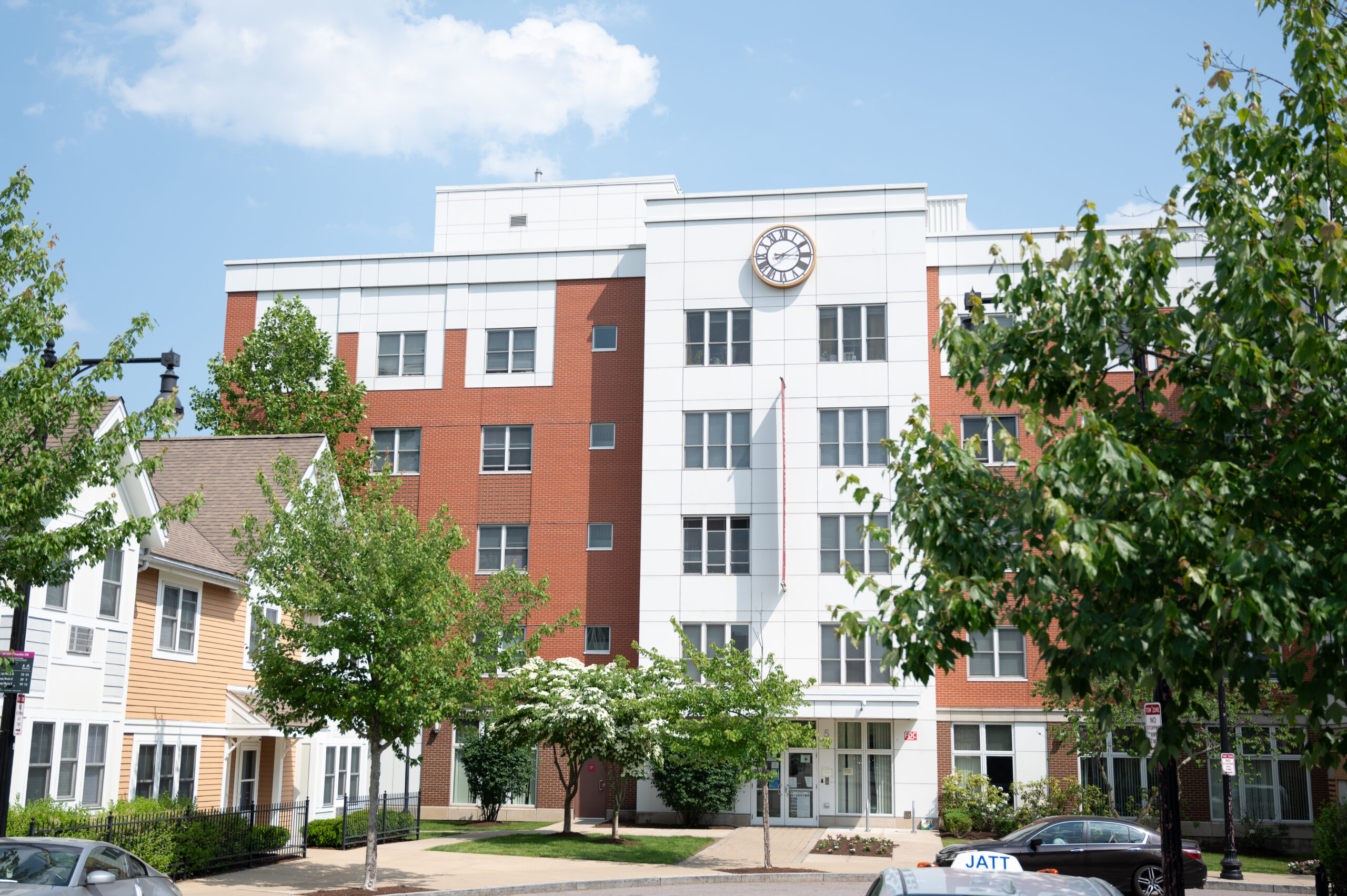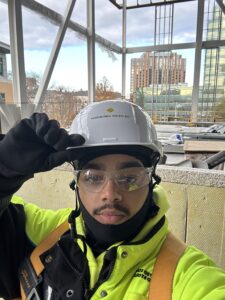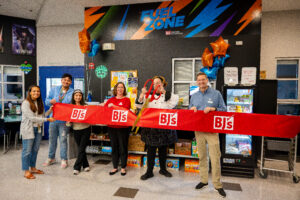Tucked within the Franklin Hill public housing development in Dorchester, the Boys & Girls Club doesn’t announce itself with fanfare. With a capacity for just 60 people, it’s the smallest Club in the Boys & Girls Clubs of Boston network. But what it lacks in size, it makes up for in presence. This modest site has become something remarkable: a space where community care isn’t just offered — it’s lived and breathed daily.
“There are 266 apartments here,” says Ashley Simpson, the Club’s Director since 2018. “I know most people by sight, and they know me.”
That mutual recognition forms the foundation of how Franklin Hill operates. Unlike other Clubs that serve youth from a variety of neighborhoods across Boston and Chelsea, the Franklin Hill Club is physically embedded in the community it serves — the same hallways, the same front steps, the same familiar faces. It doesn’t just serve the neighborhood. It’s a part of it.
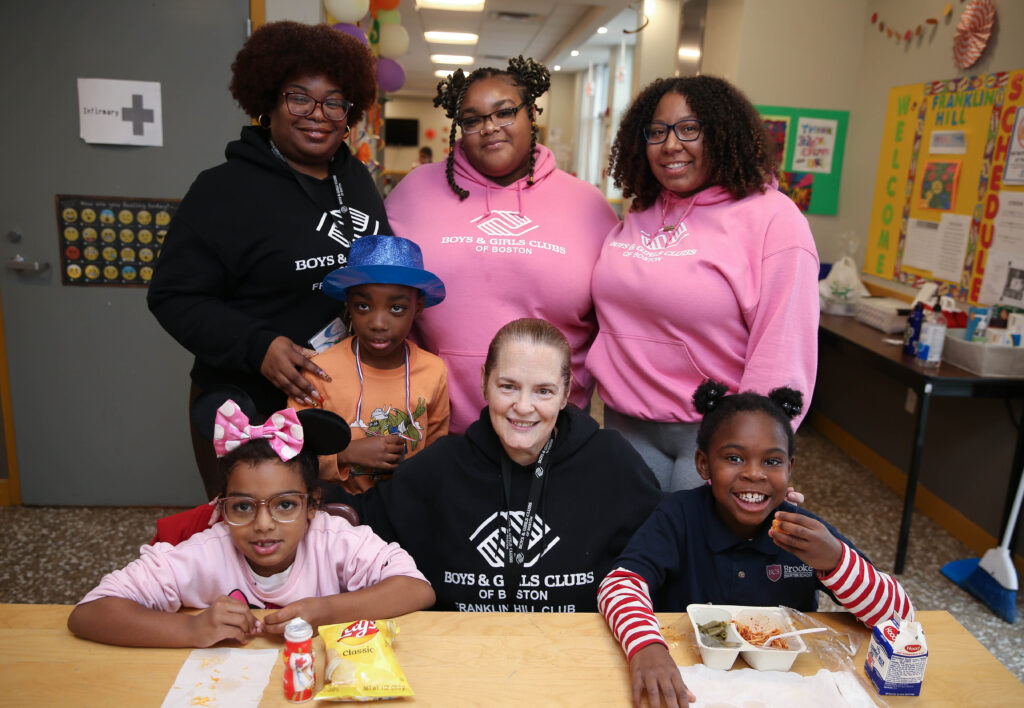
Ashley’s Journey
Ashley’s journey with Boys & Girls Clubs of Boston began over two decades ago — and almost by accident. “I cannot lie — I tried to avoid it,” she says, recalling her teenage self in 2002. “I just wanted to go on a college tour.” That single visit to the Blue Hill Club turned into something more: a second family for a young woman whose mother worked tirelessly to support two daughters. “My mom was a workaholic, but she had to be. So the Club became my extended family.”
Since then, Ashley has held nearly every role — junior staff, education coordinator, art assistant, senior team leader. By the time she took on the role as Director at Franklin Hill in 2018, she brought with her not just experience, but a philosophy: truly effective youth development means understanding and supporting the entire community ecosystem.
More Than a Youth Space
Under her leadership, Franklin Hill has become more than a youth-serving space. It’s a hub for families, neighbors, and trusted conversation. During the pandemic, the Club secured a dedicated Fresh Food Truck contract so residents could get first pick of produce, delivered right to their door. A newly renovated backyard garden teaches kids, while also feeding families. Community health vans stop by regularly, and elder care partners connect with older residents.
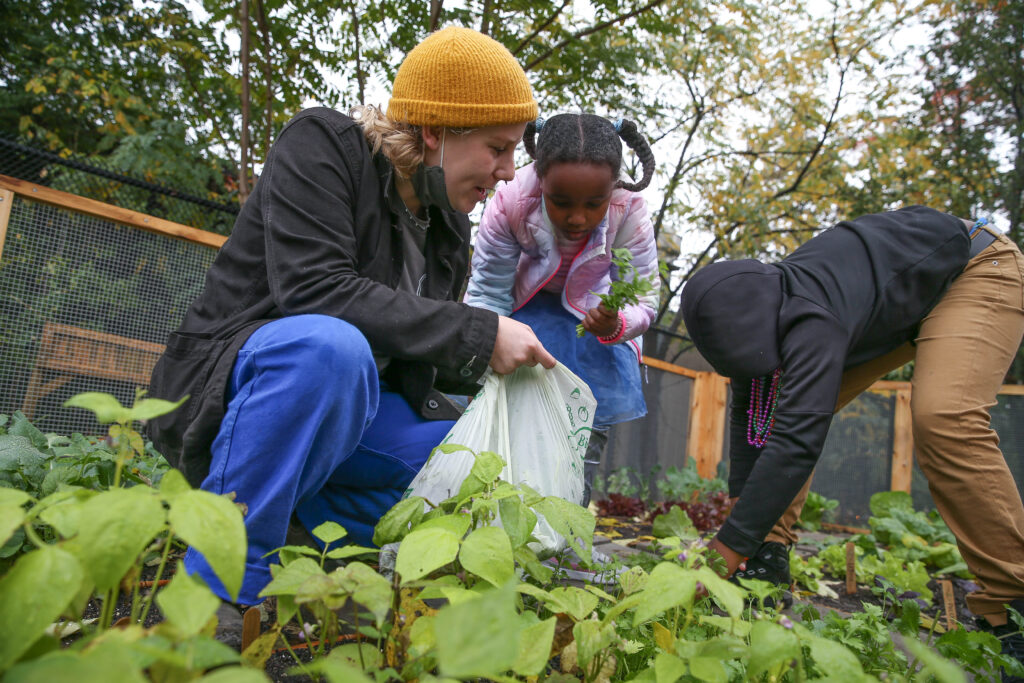
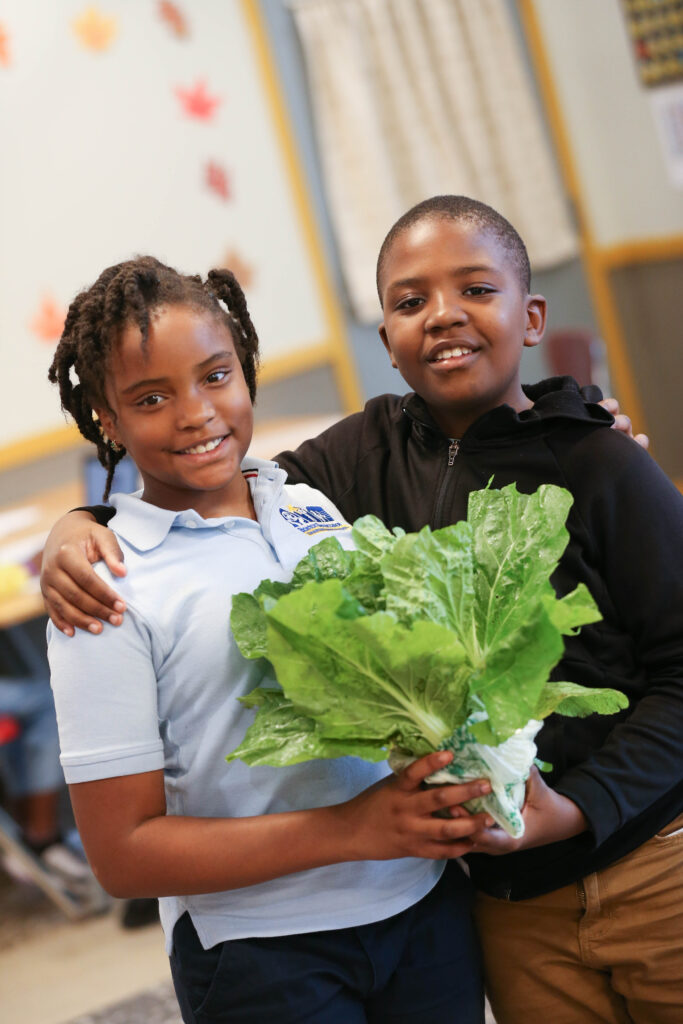
“Even if it’s not our event, people still come to me first to ask what’s going on,” Ashley says with a laugh. “Sometimes they just want to sit and talk. And that’s part of it too.”
Redefining Community Care
Inside the Club, that spirit continues in every interaction. Staff know every child intimately — their personalities, their needs, their families. When something feels off, they don’t hesitate.
“Sometimes it’s as simple as walking into a room and looking at a kid, and they know they need to fix something,” Ashley says. “They know I know their mom, and we’ll be having a long conversation together soon.”
In a time when community bonds are increasingly fragmented, the Franklin Hill Club offers a different model: proximity, trust, and accountability. Not with slogans or sweeping programs, but with consistency, conversation, and care.
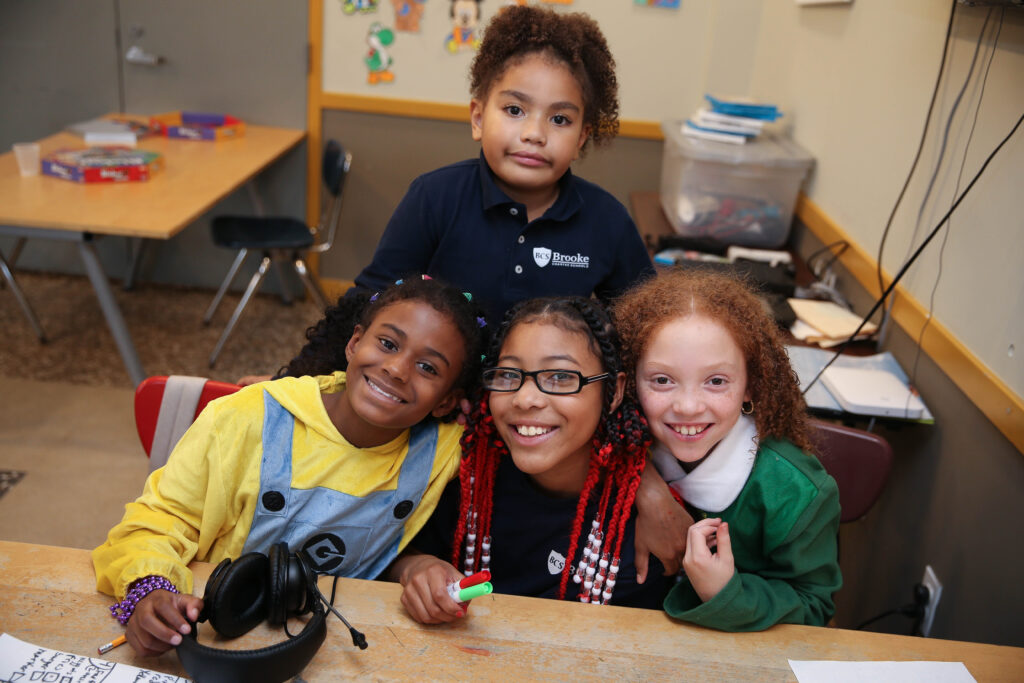
Ashley puts it plainly: “This Club became my second family. Now I want to be that family for the next generation.”
Small in size, mighty in impact — Franklin Hill is proof that when a Club is rooted deeply in its neighborhood, it can grow something far greater than its walls can hold.
Curious to learn more about BGCB? Learn more and get involved today.
